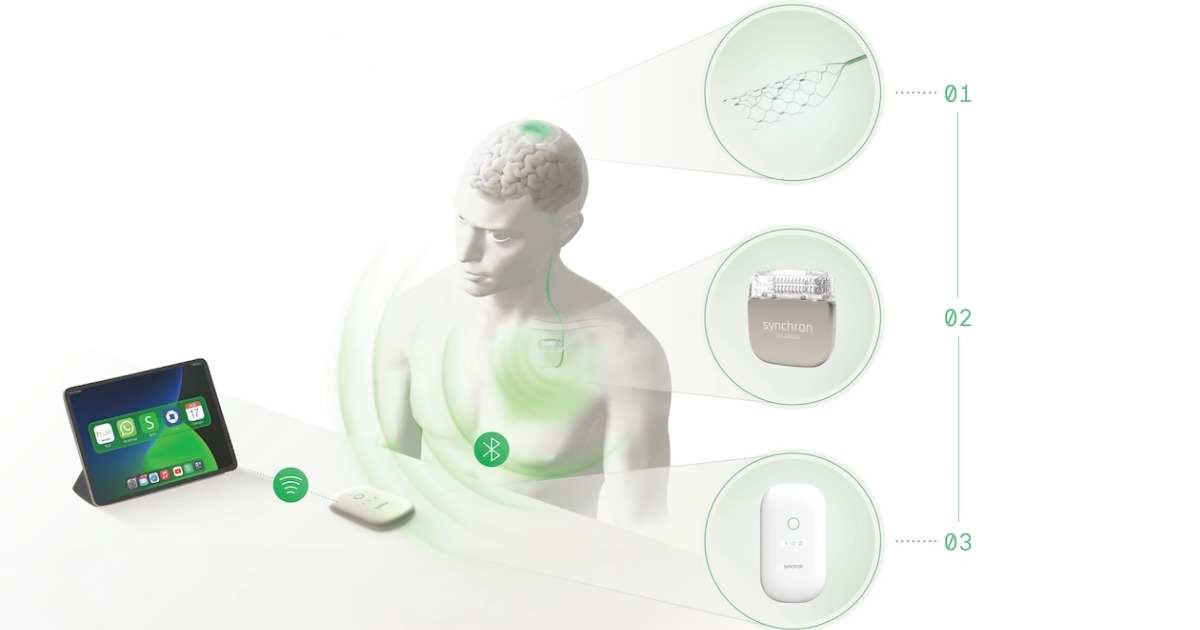A new survey indicates many of the nation's accountable care organizations are not using mHealth or telehealth tools, and that challenges with HIT integration could endanger the future of the ACO movement.
The survey, conducted by Premier and the eHealth Initiative, found that many ACOs are facing challenges that affect care coordination, patient engagement, physician payment and control adjudication, population health management and quality measurement.
“While accountable care organizations are providing quality care for many patients, even more could be accomplished if interoperability issues were addressed,” Jennifer Covich Bordenick, chief executive officer of the eHealth Initiative, said in a press release. “However, the cost of interoperability can be prohibitive for many organizations.”
According to the survey of 62 medium- to large-sized ACOs, 88 percent "face significant obstacles in integrating data from disparate sources" and 83 percent "report challenges integrating technology analytics into workflow."
“Even when ACOs have successfully adopted and merged HIT systems, they aren’t able to effectively leverage data and analytics to derive value out of their investments given the pervasive issues with data quality, liquidity and access, as well as issues with integrating data from disparate sources,” Keith J. Figlioli, Premier’s senior vice president of healthcare informatics and a member of the Office of the National Coordinator’s Health IT Standards Committee, said in the release. “The survey proves this is a pervasive problem among ACOs, and it could stymie the long-term vision for ACO cost and quality improvements if not addressed.”
According to the survey, most ACOs are deploying patient-facing tools designed to improve efficiency and reduce administrative bottlenecks – such as tethered patient web portals (94 percent), e-prescribing (70 percent) and patient reminders (61 percent). However, they aren't deploying mHealth technology that could help improve access to care, such as self-service scheduling (33 percent), phone-based telemedicine (28 percent) or video telemedicine (24 percent), and they're even less-inclined to use patient self-management technology like remote monitoring (26 percent), untethered PHRs (17 percent) or smartphone apps (15 percent).
Those statistics are troubling, given that a quarter of the ACOs contracting with the Centers for Medicare & Medicaid Services are based in remote or underserved areas, where mHealth could be used to reach consumers.
“Increased use of mobile and smartphone applications and patient-facing engagement tools could bring care to the next level,” Bordenick said in the release.
According to the survey, ACOs are seeing improvements – 66 percent cited better clinical quality, 63 percent cited more preventive screenings and vaccinations, 59 percent cited better chronic disease management and 55 percent noted better health outcomes. But with problems integrating various HIT platforms, a full 90 percent of those surveyed said the cost and return-on-investment are a "crippling concern."


